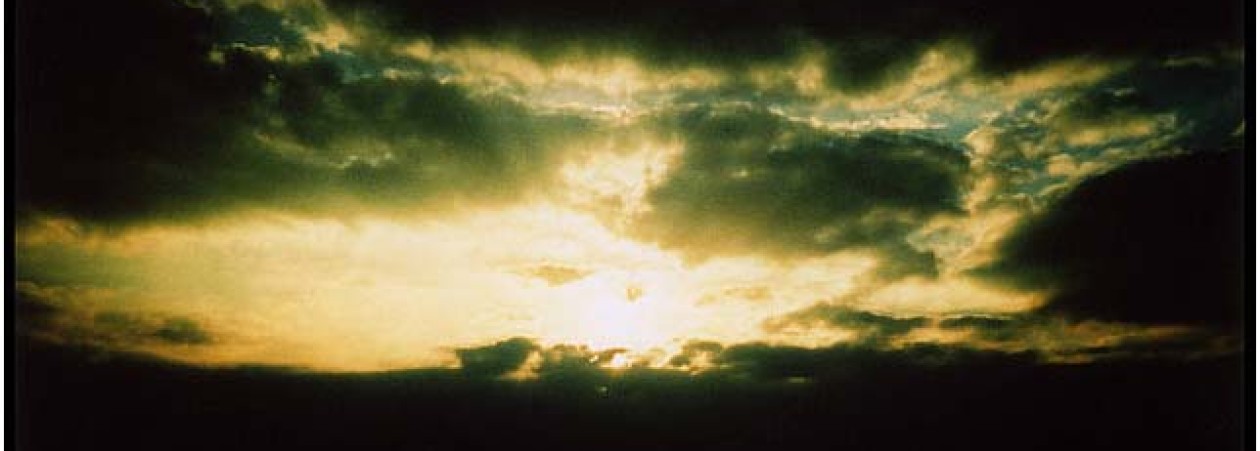Before the Six-Days’ War, the German Left was pro-Israel. Quite apart from the question of historical guilt, the Jewish State was seen as a model of democratic Socialism. Spending time on a kibbutz was almost de rigeur for young socialists – indeed, the kibbutz provided a model for many of the experiments in communal living that the “68ers” became so fond of. But by the time the young revolutionaries had formed their Communes and were arguing about who should be the leader of World Revolution and who was going to do the dishes, Israel had morphed – in their view – from socialist model to imperialist oppressor. Henceforth, the Palestinian guerrilla became the role model for the New Left. German radicals – among them members of the RAF terrorist group – visited Fatah training camps rather than Kibbutzim, and in 1969 the future German foreign minister Joschka Fischer attended a PLO Congress in Algiers dedicated to the “struggle against Zionism” – and to the destruction of Israel.
It’s difficult to say how much this development was motivated by sheer antisemitism. There certainly was an element of antisemitism involved, and it’s worth noting that the first bomb planted by a German terrorist group was set to explode at the Jewish Community Center in West Berlin. (The bomb, by the way, was procured by a police informer and agent provocateur.) Anti-Americanism also played a role, as did anti-capitalist romanticism, which led the Left to support a variety of “noble savage” movements, from the Vietcong via Pol Pot’s genocidal Khmer Rouge and Robert Mugabe’s Zanu-PF to the slightly less sinister Sandinistas and the entirely admirable Nelson Mandela.
Whatever the motivation, however, the result was a knee-jerk anti-Zionism in large parts of the Left, which, even if not primarily racist, was and is in effect hard to distinguish from antisemitism – as when German terrorists helped their Arab colleagues select passengers with “Jewish” names on the hijacked Air France Flight 139 in Entebbe in 1976. This, by the way, was the point where some activists and sympathizers of the radical movement – including myself – began to examine the issue of the Left’s relationship to Israel and Jewishness more critically.
For others, the 1991 Gulf War was a turning point, where the Left continued to support Saddam Hussein even after he had fired Scud missiles at Israel, which, many feared, could have been tipped with poison gas from Germany. However, even then Hans-Christian Ströbele, to this day a prominent Parliamentarian for the Green Party, called Saddam’s attack the “logical, almost inescapable consequence of Israel’s policies”. Joschka Fischer, on the other hand, had already questioned the Left’s anti-Zionism. In an essay written in 1984, he had called Israel the “nightmare of the German Left”.
Within the Green Party, the issue of Israel remained and remains unresolved. The case of Jamal Karsli is fairly typical. Syrian-born Karsli was a member of the Greens from 1993 to 2002. For most of this period, he represented the Greens in the Parliament of Northrhine-Westphalia. In April 2002, he left the party after accusing Israel of using “Nazi methods” against the Palestinians and the “international Israel lobby” of silencing criticism. Karsli then tried to join the Free Democrat Party, where Jürgen Möllemann was running on an explicitly antisemitic ticket. The point is that Karsli didn’t suddenly become an antisemite in 2002, but apparently the Greens accepted his anti-Zionist stance as legitimate “anti-imperialism”. As with Ströbele, the Karsli affair led to no internal discussion and clarification.
This seems to be changing now, and the change is coming from the traditional Left – the Post-Communists of “Die Linke” (“The Left”), and the left wing of the Social Democrats. This is all the more surprising when one remembers that “Die Linke” comprises the hard-core faithful of the one-time ruling party of East Germany, which, like all Eastern bloc Communist Parties, had enshrined anti-Zionism as a central doctrine and refused to acknowledge any guilt for the Nazis’ genocide or responsibility for the victims.
In a speech congratulating Israel on its 60th Anniversary, Gregor Gysi – whose family is of Jewish origin, but who as a member of the East German nomenklatura had never considered himself a Jew – criticized East Germany’s “lack of sensitivity regarding Israel’s security interests” and reminded his party that “solidarity with Israel (is) part of Germany’s raison d’état”. He called the attitude of many on the Left to the Israeli-Palestinian conflict “simplistic”, criticized phrases like the “freedom struggle of the Palestinian people” and said that he was “passionately opposed” to the tendency to forget the Israeli victims of Arab terror.
At the same time, Franziska Drohsel, President of the SPD’s youth organization – and under fire for her contacts to left-wing extremists – criticized anti-Zionism as “reactionary” and said that progressives could never align themselves with Islamists against a democratic state like Israel.
Indeed, the Islamo-Fascist threat has helped to concentrate minds. The PLO spoke the language of the European Left. Hamas, Hezbollah, Islamic Jihad and Co. most definitely do not. It has also helped that Jews within the Left no longer lie low. Within the Social Democratic Party, there is now a Jewish caucus; and, more bizarrely, within the youth organization of the Post-Communist “Linke” hard-core Marxists have organized “BAK Shalom”, which they describe as a “Platform against Antisemitism, Anti-Zionism, anti-Americanism and Regressive Anti-Capitalism”. Signs and wonders! Since intellectual life in Germany is still dominated by the Left, the re-emergence of a pro-Israeli Left is of far greater importance than the sheer numbers of the people involved might suggest.
Alan Posener is Chief Commentator of Welt am Sonntag (“World on Sunday”), a leading German national Sunday newspaper
Published: May 01, 2008

